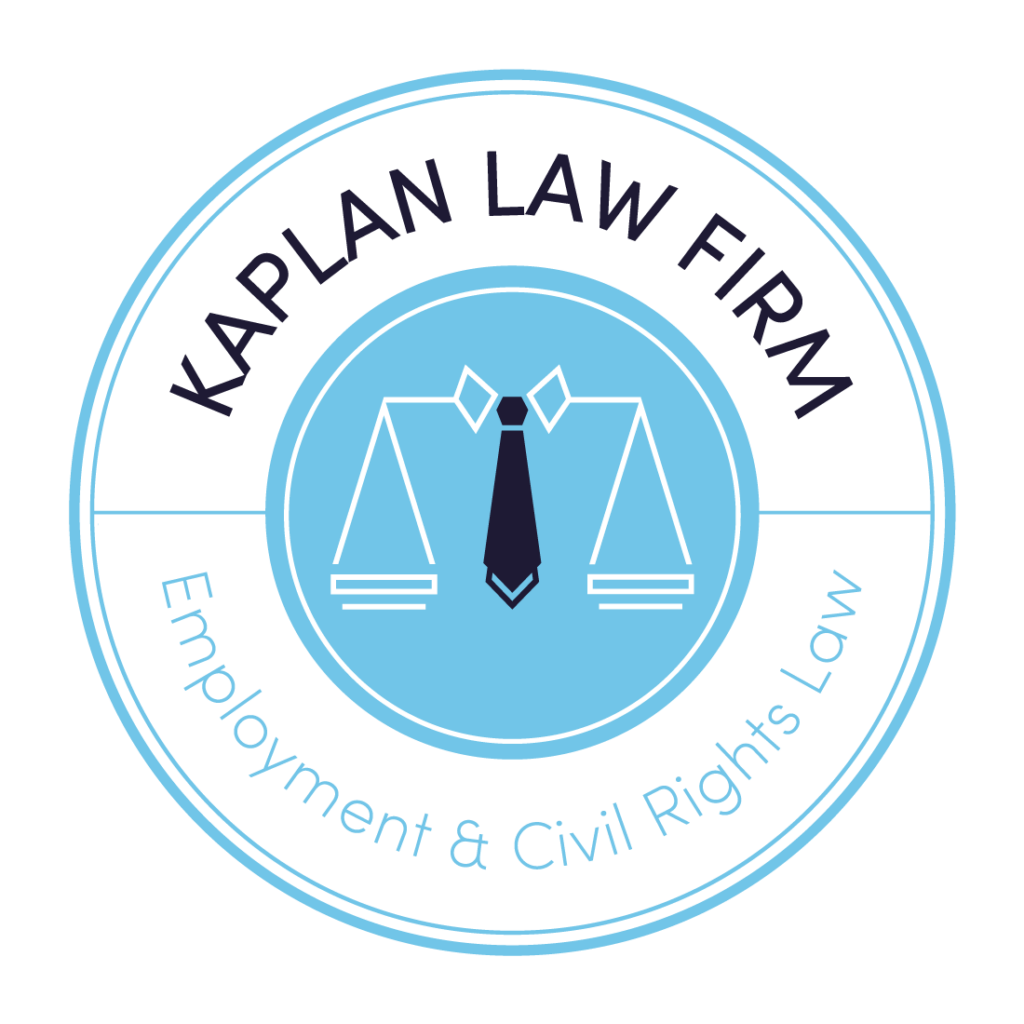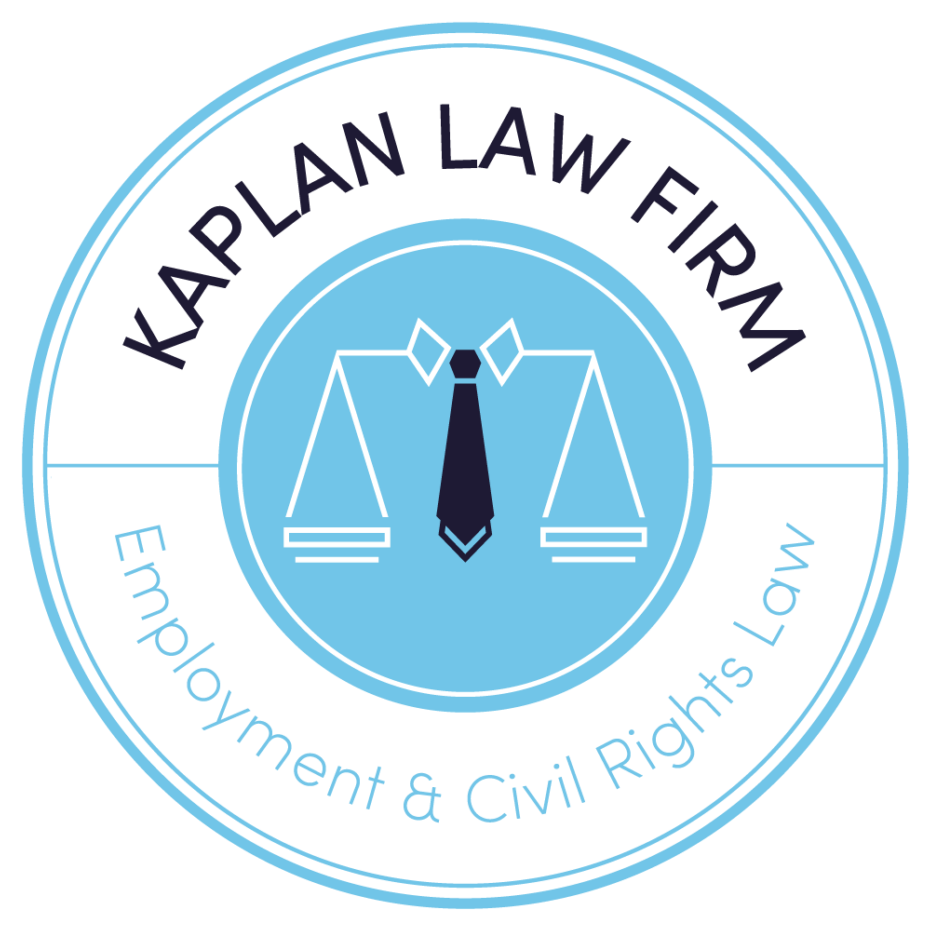SERVING CLIENTS NATIONWIDE | (512) 814-8522
SERVING CLIENTS NATIONWIDE | (512) 814-8522 | ILLINOIS OFFICE OPEN NOW
AUSTIN FAMILY MEDICAL LEAVE LAWYER
FMLA (Family/Medical Leave)
It’s difficult, if not impossible, to hold down a full-time job while caring for a newborn, tending to an ailing family member, or trying to overcome your own serious medical condition. For that reason, in 1993 the U.S. passed the Family Medical Leave Act (FMLA), entitling workers to unpaid leave – with benefits – in the event of a serious medical condition or issue.
Unfortunately, employers in Texas and across the country often violate the FMLA by firing or otherwise retaliating against employees who request time off for medical reasons. If you think your employer may have violated the Family Medical Leave Act, contact our FMLA attorneys in Austin for a free, confidential consultation. You could be owed money for back pay, front pay, and other damages.
AUSTIN FAMILY MEDICAL LEAVE LAWYER
FMLA (Family/Medical Leave)
It’s difficult, if not impossible, to hold down a full-time job while caring for a newborn, tending to an ailing family member, or trying to overcome your own serious medical condition. For that reason, in 1993 the U.S. passed the Family Medical Leave Act (FMLA), entitling workers to unpaid leave – with benefits – in the event of a serious medical condition or issue.
Unfortunately, employers in Texas and across the country often violate the FMLA by firing or otherwise retaliating against employees who request time off for medical reasons. If you think your employer may have violated the Family Medical Leave Act, contact our FMLA attorneys in Austin for a free, confidential consultation. You could be owed money for back pay, front pay, and other damages.
What is the FMLA (Family Medical Leave Act)?
The Family Medical Leave Act of 1993 (FMLA) is a federal law that entitles employees to a certain amount of time off for medical reasons, such as having a baby, caring for a seriously ill family member, or tending to their own serious health condition. In cases that meet FMLA requirements, most employees are eligible to return to their jobs after a period of paid or unpaid leave.
The FMLA itself does not require employers to pay during the leave period, but many companies offer compensation while on leave, or offer short-term disability plans that may provide some pay during that period.
What is the FMLA law in Texas?
The Family Medical Leave Act is a federal law that applies to Texas entities with over fifty employees. To qualify for FMLA leave, an employee must meet the following criteria:
- 12+ months of employment, with at least 1,250 hours (roughly 25 hours per week) worked over the past 12 months
- The employer must have 50+ employees in a 75-mile radius
The employee’s medical reason for FMLA leave must be a qualified condition
Qualified conditions include the birth of a child, a severe illness, and a seriously ill parent or spouse. See the section below for more information on what medical reasons meet the standards of the FMLA.
What conditions qualify for FMLA leave?
To qualify for FMLA leave, an employee must be requesting time off for one of the following conditions or reasons:
- To care for their new child (birth child, adopted child, or foster child)
- To tend to their own severe illness (not a common cold, flu, or similar issue, but surgery and hospitalization usually qualify)
- To care for a spouse, parent, or child (under 18 years old) who is seriously ill
- To care for a family member who was injured while serving in the U.S. military, or to plan for a servicemember’s deployment
If you’re not sure if your condition or circumstance falls under the Family Medical Leave Act, you should contact an FMLA lawyer in Texas.
Do you get paid for FMLA leave in Texas?
Not usually. FMLA leave in Texas (and in most of the United States) is not required to be paid. That said, employees on FMLA leave are still entitled to their usual group healthcare benefits. Additionally, some employers choose to compensate workers during their FMLA leave, even though they’re not required to.
And, importantly, the employee’s job should be waiting for them when they return from leave. If the employer is unable to give them their old job back, they must offer the employee a role that is substantially equal in terms of pay, benefits, and the scope of their responsibilities.
How does FMLA work in Texas for maternity leave?
If you and your employer are covered by the FMLA, in Texas you are guaranteed 12 weeks of maternity leave. Your employer may not force you to return to work before these 12 weeks have passed. If they do, that may violate both the pregnancy discrimination protections, as well as a violation of the Family Medical Leave Act (FMLA).
You are covered by the FMLA if you’ve been at your job for 12+ months, worked at least 1,250 hours during that period, and if the company has 50+ employees in a 75-mile radius. If you’re not sure whether you are FMLA-eligible, contact an Austin FMLA attorney. Even if the FMLA does not apply, the Americans with Disabilities Act (ADA) or other laws might.
Can an employer deny FMLA in Texas?
No – not if the employer and their worker meet the criteria for unpaid leave under the Family Medical Leave Act. If the employee has worked at the organization for less than 12 months, for example, or if their medical issue fails to meet the standards of the FMLA, they are not entitled to FMLA leave. In addition, if the employer has fewer than 50 employees in a 75-mile radius, they would not be required to grant time off under the FMLA.
If you’re not sure if your employer is legally allowed to deny your FMLA leave request, contact us today for a free, 100% confidential consultation.
Can I be denied a raise because of FMLA?
No, your employer denying you a raise because you exercised your rights under the FMLA would likely qualify as retaliation, which is against the law. Section 105 of the Family Medical Leave Act states: “An employer is prohibited from discriminating or retaliating against an employee or prospective employee for having exercised or attempted to exercise any FMLA right.” Examples of discrimination or retaliation may include:
- Demoting an employee
- Denying an employee a raise or promotion
- Denying an employee their healthcare benefits
- Firing an employee
- Fostering a hostile work environment
- Putting an employee in a layoff or reduction in force because they took FMLA leave
Can you be terminated while on FMLA leave in Texas?
As long as the employee still meets the criteria of the FMLA – i.e., their or their loved one’s medical condition still qualifies, and they haven’t taken more time off than they’re allowed – their employer is legally prohibited from firing them while they’re on leave. Unlike denying a worker a raise or promotion, this would likely constitute interference on the part of the employer, which is illegal under the FMLA. The FMLA’s interference protection is one of the strongest employee protections in federal law. When you go on FMLA leave, you have a right to return to your job barring a few minor exceptions.
The fact that FMLA interference is against the law doesn’t mean it doesn’t happen, though. If you think your employer has interfered with your FMLA leave request or your right to return to your job from FMLA leave, contact an FMLA attorney in Austin today. You could be entitled to compensation and benefits.
How much are FMLA lawsuit settlement amounts?
How much you can recover through an FMLA lawsuit will depend on the unique circumstances of your case. FMLA lawsuit awards can range from thousands to millions of dollars. In Texas, these are the damages you may be able to recover from an FMLA settlement or jury award:
- Back Pay: Past lost wages and benefits owed;
- Front Pay: Future lost wages and benefits owed;
- Liquidated Damages: Up to twice the amount of back pay awarded in the event of a violation; and
- Attorney Fees & Court Costs: The reasonable amount incurred in bringing a lawsuit
A Texas FMLA lawyer can help you determine if you qualify for compensation, and if so, how much you might be owed.
How do I file an FMLA lawsuit?
Contact Kaplan Law – an employment law and civil rights firm that’s been proudly serving Texans since 2015. Founded by Austin Kaplan in Austin, Texas, our firm has represented hundreds of clients in a wide range of employment and civil rights matters, including claims for FMLA violations, retaliation, discrimination, harassment, and breach of contract.
We’ve recovered millions of dollars for our clients; received dozens of five-star reviews on Google and Avvo; and our attorneys have been featured in The New York Times, The Washington Post, Bloomberg, Fast Company, and on CNN.
Reach out today for a free, confidential case review to see if we can help you recover the FMLA compensation you may deserve.
Schedule Your Appointment
Effortlessly book, manage, & pay for your appointment with one of our attorneys using our secure online scheduler!
No mobile information will be shared with third parties/affiliates for marketing/promotional purposes. All the above categories exclude text messaging originator opt-in data and consent; this information will not be shared with any third parties.

